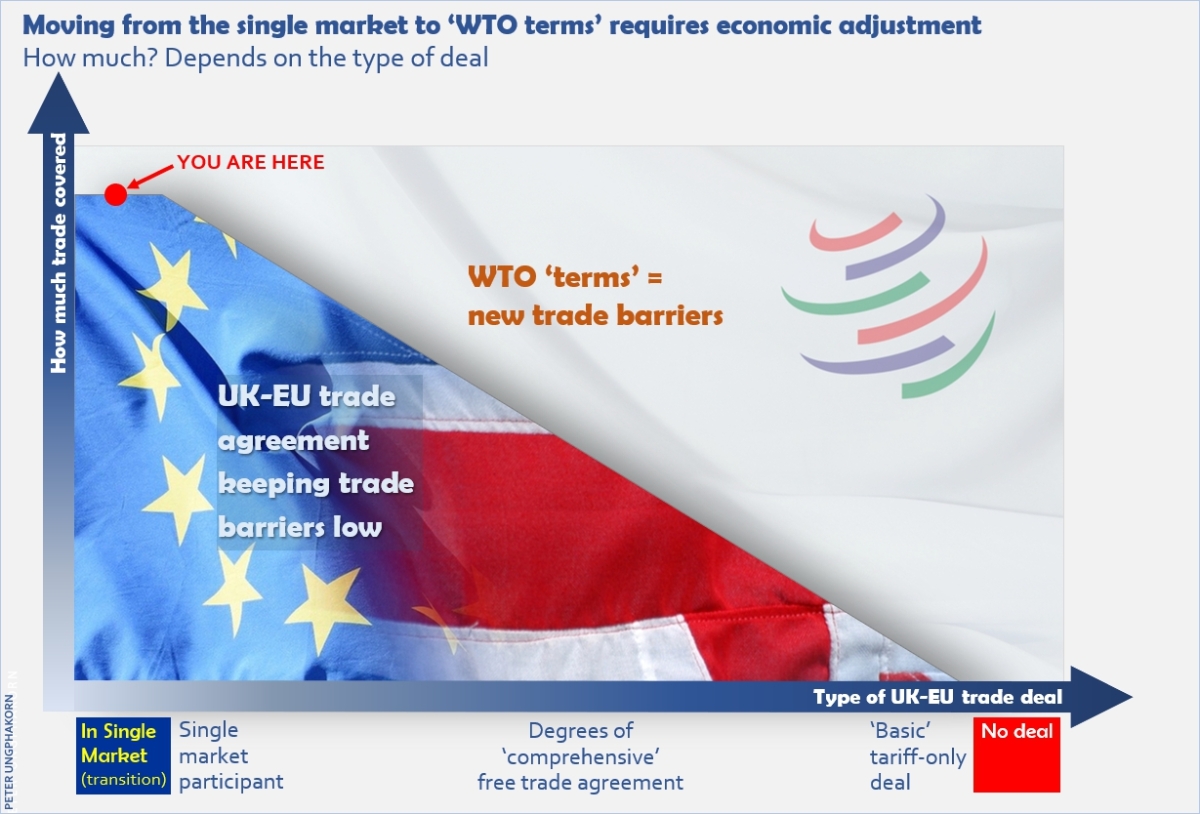By Peter Ungphakorn
POSTED OCTOBER 23, 2022 | UPDATED OCTOBER 24, 2022
See also the report on the retreat (published October 26, 2022):
WTO agriculture retreat said strong on context but weak on give-and-take
Brain-storming. Blue sky thinking. Wiping the slate clean. Thinking outside the box. Pick your cliché. World Trade Organization (WTO) members’ ambassadors and agriculture attachés go on a “retreat” tomorrow (October 24) as they try to discover solutions where none have been found for over a decade.
The common impression is that the WTO agriculture negotiations have achieved nothing since they started almost a quarter of a century ago in 2000.
This is partly because after just over a year (in 2001), the talks were rolled into the newly launched and broader Doha Round of WTO negotiations. And now the Doha Round is widely considered to be dead.
Officially the position is more complicated. Some members say the Doha Round is over. Others say the original mandate continues — they refuse to endorse the end of the round.
In practice some parts of the Doha Round have been concluded, such as the Trade Facilitation and Fisheries Subsidies agreements. Other parts are in limbo or the talks have dried up, at least among the full membership. What has faded away is the idea of the talks as one unified package or “single undertaking”.
(An aside here. What almost no one has noticed is that the Trade Negotiations Committee of the WTO membership — with the director-general ex officio in the chair — still meets. This committee was set up specifically within the Doha Round. If the round has ended so should the Trade Negotiations Committee. That would also mean the director-general has no official position in any council or committee of the WTO membership.)
Continue reading “WTO agriculture negotiators face challenge of thinking outside the box(es)”










